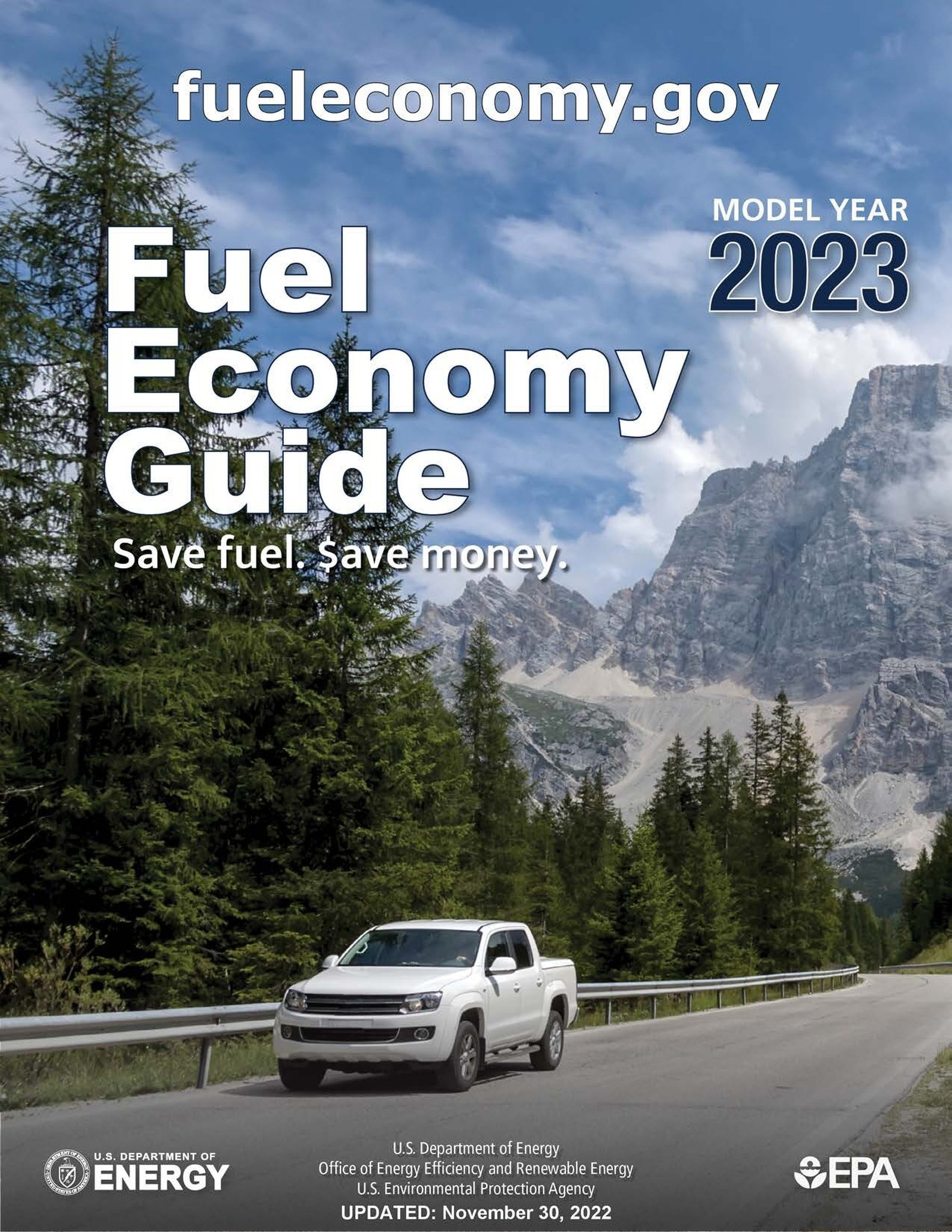Fuel Economy Guide
Understanding fuel economy is crucial for car buyers who are considering their next vehicle purchase. This guide provides insights into how fuel economy impacts your driving experience and overall costs.

Fuel economy refers to the distance a vehicle can travel on a specific amount of fuel. It is typically measured in miles per gallon (MPG) in the United States. A higher MPG indicates better fuel efficiency, which can lead to significant savings over time.
When evaluating fuel economy, it's important to consider both city and highway MPG ratings. City driving often involves more stop-and-go traffic, which can reduce fuel efficiency. In contrast, highway driving usually allows for more consistent speeds, often resulting in better fuel economy.
The Fuel Economy Guide is a valuable resource for understanding how different vehicles compare in terms of fuel efficiency. It provides detailed information on various makes and models, helping you make an informed decision when purchasing a car.
Factors such as engine size, vehicle weight, and aerodynamics can all influence a car's fuel economy. Smaller engines and lighter vehicles generally offer better fuel efficiency. Additionally, advancements in technology, such as hybrid and electric vehicles, have further improved fuel economy.
Are you wondering how to improve your vehicle's fuel economy? Regular maintenance, proper tire inflation, and mindful driving habits can all contribute to better fuel efficiency. Keeping your car in top condition ensures it runs smoothly and uses fuel more effectively.
For those interested in reducing their carbon footprint, choosing a vehicle with excellent fuel economy is a step in the right direction. Not only does it save money on fuel costs, but it also reduces emissions, contributing to a cleaner environment.